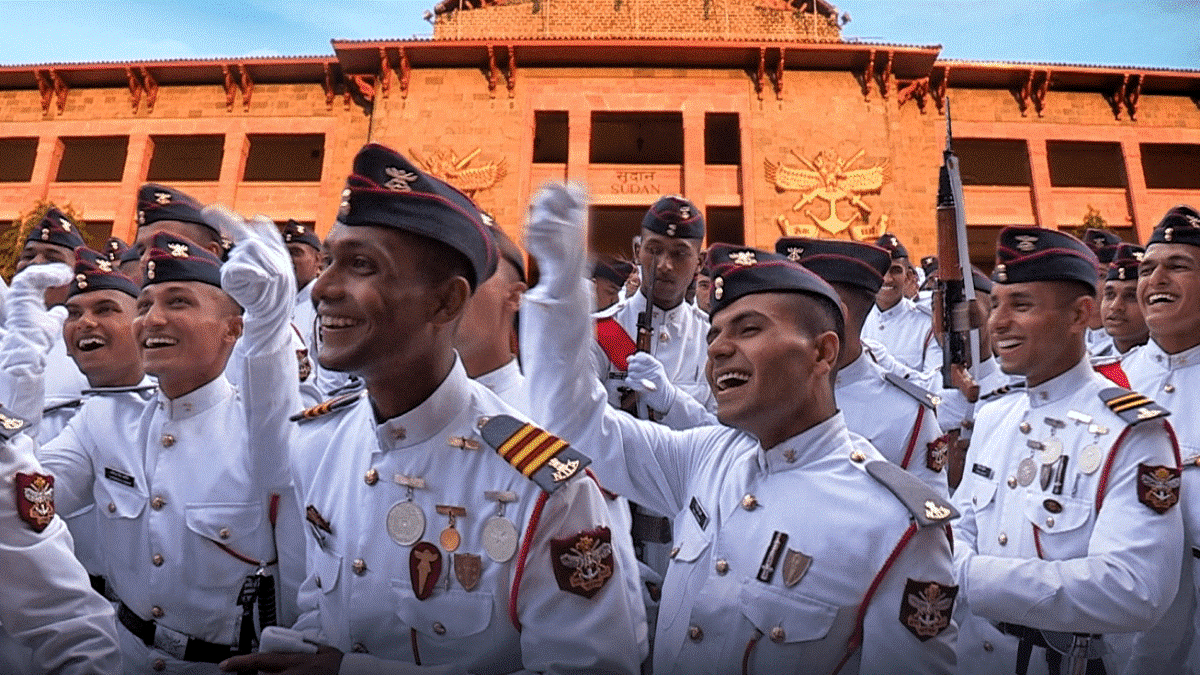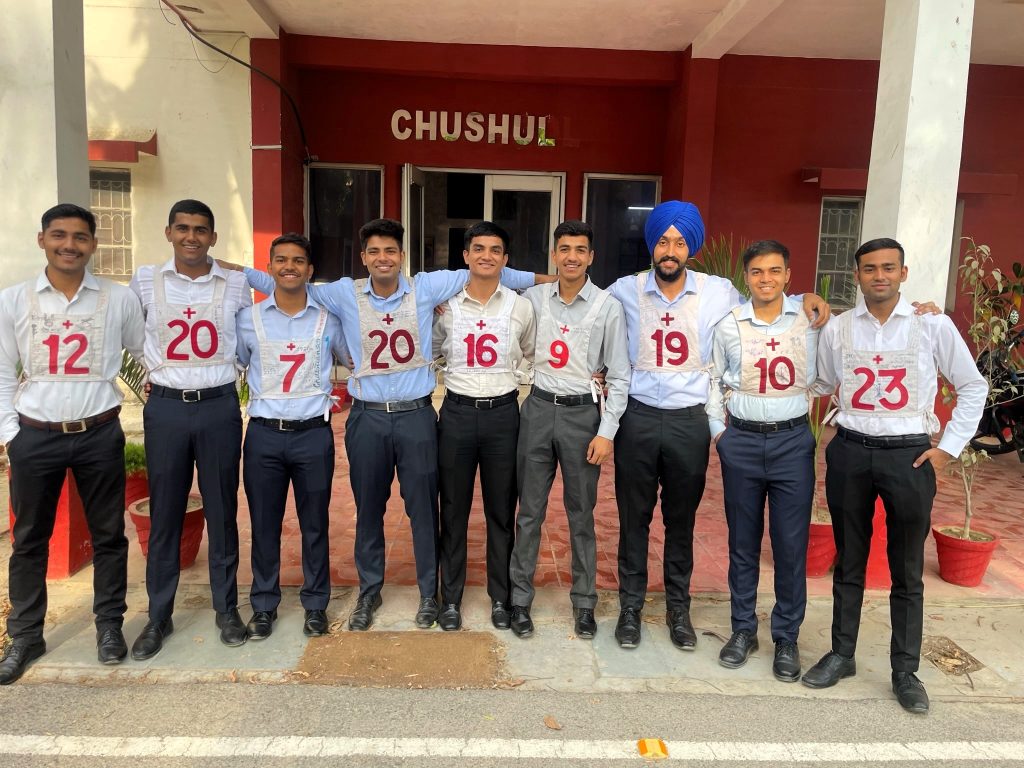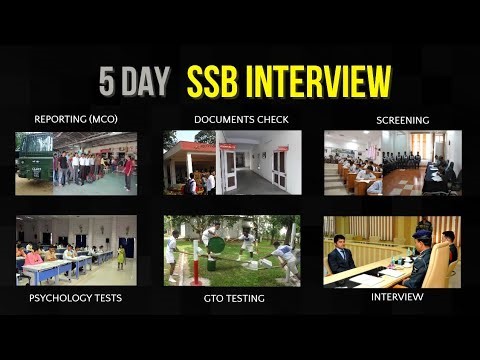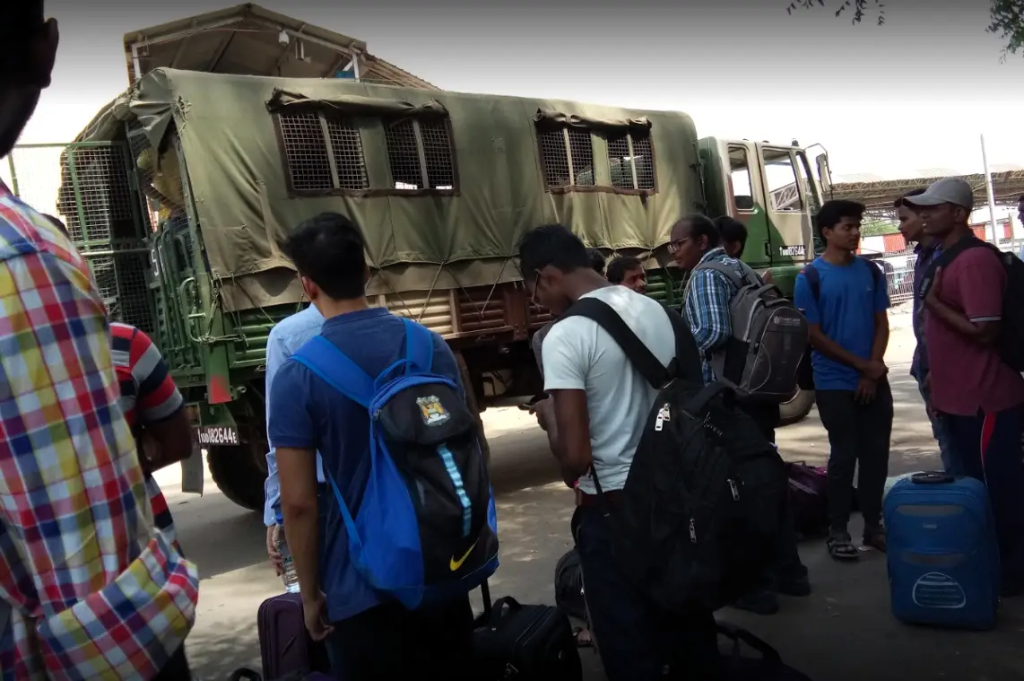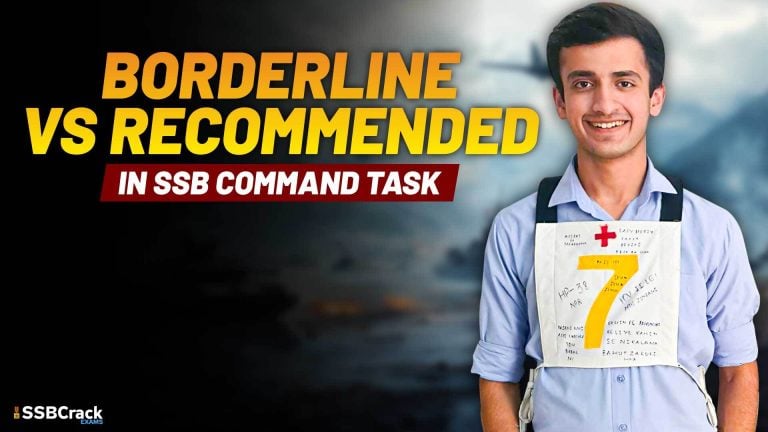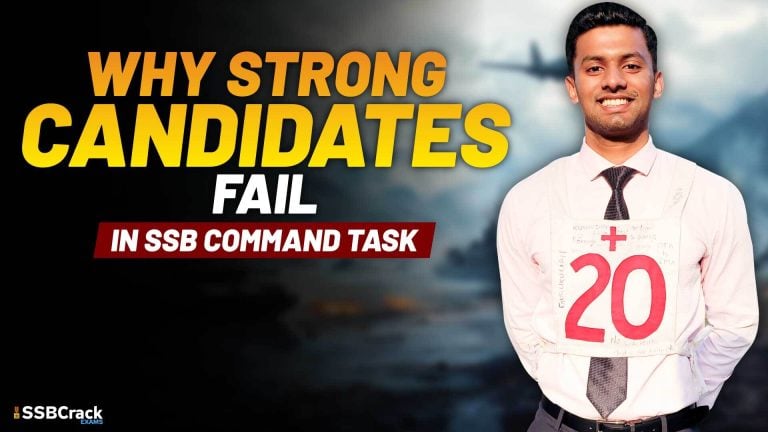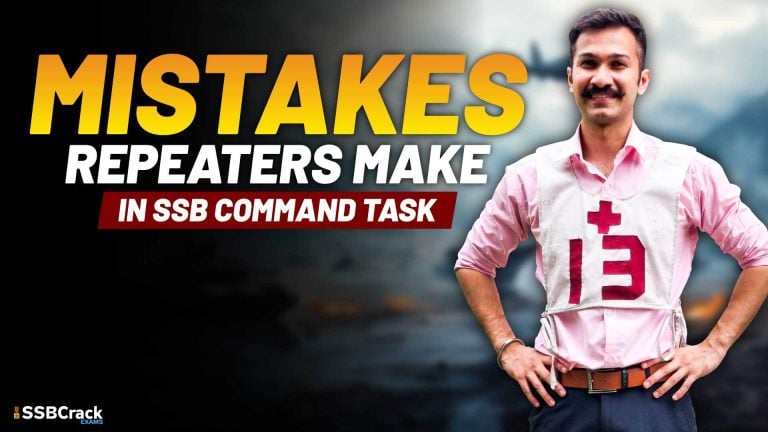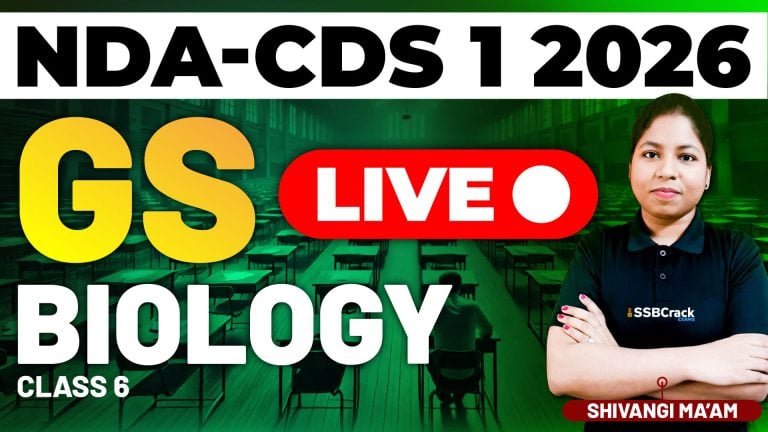Joining the Defence Forces is a cherished aspiration for many individuals. The National Defence Academy (NDA) offers a pathway to this esteemed career for candidates who have completed their 12th board exams. Securing a spot in the NDA requires successfully passing the written examination, irrespective of one’s high school stream. However, the journey towards becoming an officer in the Indian Armed Forces doesn’t end with the written exam; it continues with the rigorous selection process of the NDA SSB Interview.
Understanding the NDA SSB Interview
After conquering the initial hurdle of the written examination, candidates face the challenging SSB interview. This interview evaluates not only the candidates’ knowledge and skills but also their psychological attributes and suitability for a leadership role in the armed forces. It’s essential for aspirants to comprehend the intricacies of the SSB interview process and prepare meticulously to increase their chances of success.
Steps to Clear NDA SSB Interview
Screening
Upon arrival at the SSB center, candidates undergo a screening process on the first day. This initial screening aims to identify candidates with the potential to become officers. Those selected proceed to undergo further assessment over the next five days, while others are sent back.
Psychological Test
The psychological test, conducted by psychologists, evaluates the candidate’s mindset through various exercises:
Thematic Apperception Test (TAT)
Candidates are presented with ambiguous images and are required to create stories based on them, revealing their underlying thoughts and attitudes.
Word Association Test (WAT)
Candidates respond to a series of words with the first thought that comes to their mind, providing insights into their personality and thought processes.
Situation Reaction Test (SRT)
Candidates are presented with hypothetical scenarios and must provide their immediate reactions, demonstrating their ability to handle stress and make decisions under pressure.
Self-Description Test
Candidates are required to describe themselves in a comprehensive and honest manner, reflecting on their strengths, weaknesses, and aspirations.
SSB Interview
Conducted by an interviewing officer, the SSB interview assesses the candidate’s communication skills, awareness, and personality:
Group Testing Officer (GTO)
This phase, led by a Group Testing Officer, spans two days and involves various group tasks designed to evaluate teamwork, leadership, and decision-making skills:
- Group Discussion
- Group Planning Exercise
- Progressive Group Task
- Group Obstacle Race
- Half Group Task
- Lecturette
- Individual Obstacle
- Command Task
- Final Group Task
Conference
On the last day of the SSB interview, a conference is conducted by all assessing officers. Each candidate is individually called in for a general discussion, where they may be questioned about their experiences during the interview process. Borderline candidates may face specific queries to assess their suitability for selection.
Best Body Language Hacks For SSB Interview
How To Prepare For Psychology Test In SSB?
How To Maintain Physical Fitness For SSB Interview
40 SSB Interview Questions That You Will Face
Insights And Instructions for Psychology Tests at SSB Interview
All About SSB Interview Process
Tips for Success
Be True to Yourself: Authenticity is key. Maintain integrity throughout the interview process.
Stay Alert: Pay attention to instructions and details, and be prepared to adapt to different situations.
Develop Confidence: Cultivate high self-esteem and confidence in your abilities.
Prepare Diligently: Practice interview scenarios, enhance your general knowledge, and develop good hobbies to broaden your perspective.
Conclusion
Clearing the NDA SSB interview requires more than just academic knowledge; it demands a combination of psychological robustness, communication skills, and leadership qualities. By understanding the nuances of each stage and preparing effectively, aspirants can enhance their chances of realizing their dream of serving in the Armed Forces.
JAI HIND!
FAQs
Q1: What is the NDA SSB interview?
The NDA SSB interview is a comprehensive selection process conducted by the Service Selection Board to assess candidates’ suitability for commissioning into the Indian Armed Forces as officers. It comprises various psychological tests, interviews, and group tasks designed to evaluate the candidates’ personality, leadership potential, and aptitude for military service.
Q2: How can I prepare for the NDA SSB interview?
Preparation for the NDA SSB interview involves a multifaceted approach. Candidates should focus on developing their communication skills, enhancing their general knowledge, and cultivating positive personality traits such as leadership, teamwork, and decision-making. Additionally, practicing mock interviews, group discussions, and psychological tests can help candidates familiarize themselves with the format and improve their performance.
Q3: What are the key qualities assessed during the NDA SSB interview?
The SSB interview evaluates candidates based on Officer Like Qualities (OLQs) such as effective communication, leadership, initiative, courage, teamwork, and problem-solving abilities. These qualities are assessed through various tests and activities conducted during the interview process.
Q4: How important is psychological preparation for the NDA SSB interview?
Psychological preparation is crucial for success in the SSB interview. Candidates must develop a positive mindset, emotional resilience, and the ability to handle stress effectively. Understanding oneself, maintaining authenticity, and demonstrating realistic attitudes towards life are essential aspects of psychological preparation.
Q5: What role does the Group Testing Officer (GTO) play in the interview process?
The Group Testing Officer (GTO) conducts group tasks and activities aimed at assessing candidates’ teamwork, leadership, and decision-making abilities. GTO tasks include group discussions, planning exercises, obstacle courses, and command tasks. Candidates must demonstrate effective collaboration, communication, and problem-solving skills during these activities.
Q6: How should candidates approach the final conference conducted by the assessing officers?
During the final conference, candidates are evaluated based on their overall performance throughout the interview process. It is essential to maintain a positive attitude, answer questions honestly, and express enthusiasm for a career in the armed forces. Candidates should be prepared to discuss their experiences during the interview and address any concerns raised by the assessing officers.
Q7: What are some common mistakes to avoid during the NDA SSB interview?
Some common mistakes to avoid during the NDA SSB interview include:
Trying to fake personality traits or provide scripted responses.
Being overly aggressive or dominating in group tasks.
Failing to listen to instructions carefully or disregarding the contributions of team members.
Showing lack of confidence, indecisiveness, or poor communication skills.
Q8: How can candidates overcome nervousness during the NDA SSB interview?
To overcome nervousness during the interview, candidates can practice relaxation techniques such as deep breathing, visualization, and positive self-talk. Additionally, focusing on preparation, staying confident, and maintaining a positive mindset can help alleviate nervousness and boost performance during the interview.
Q9: Is there any specific attire or grooming standard for the NDA SSB interview?
While there is no strict dress code for the SSB interview, candidates are expected to dress neatly and present themselves in a professional manner. Conservative attire, such as formal shirts, trousers, and shoes, is generally recommended. Personal grooming should be tidy and well-maintained.
Q10: What should candidates do if they do not clear the SSB interview?
If a candidate does not clear the SSB interview, they should take it as a learning experience and an opportunity for self-improvement. It is essential to analyze feedback received during the interview and identify areas for improvement. Candidates can then work on enhancing their skills, knowledge, and personality traits to better prepare for future attempts.
